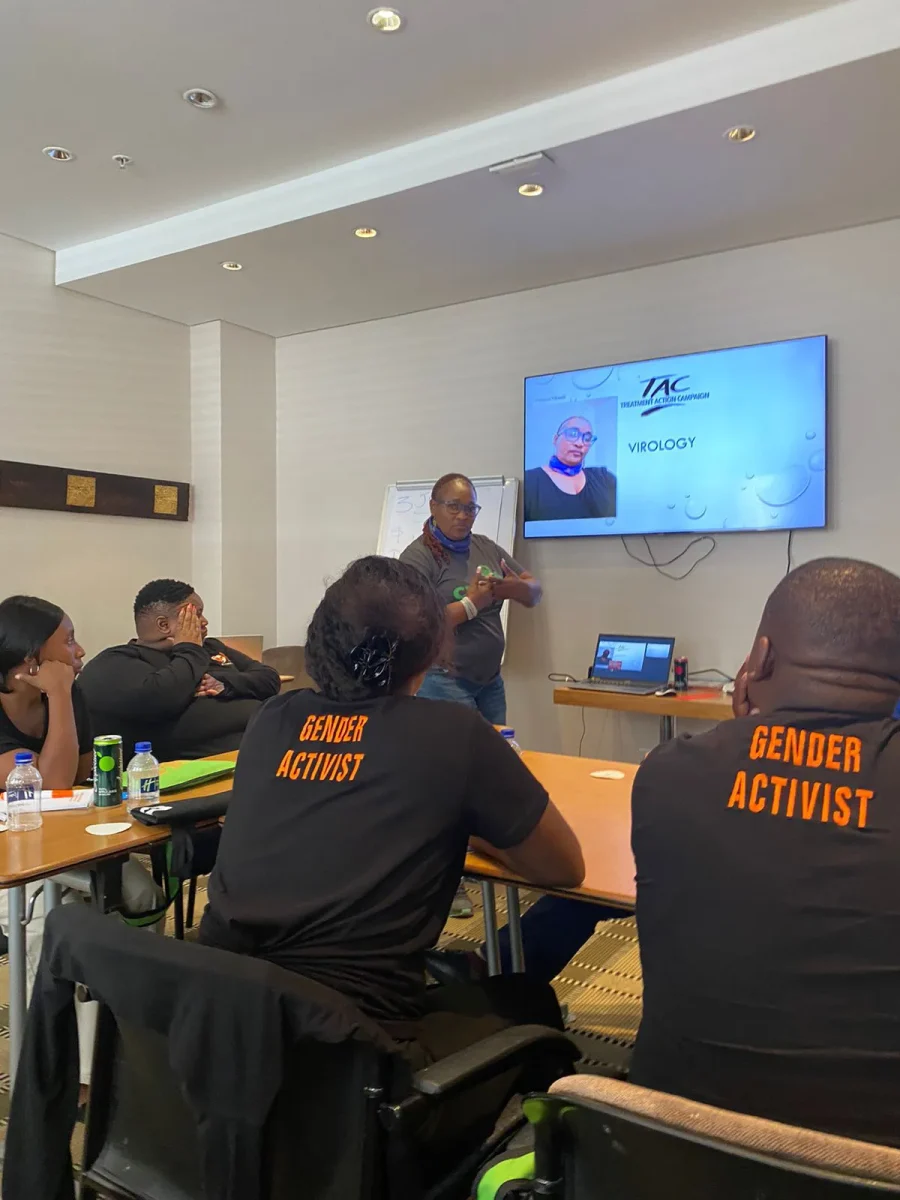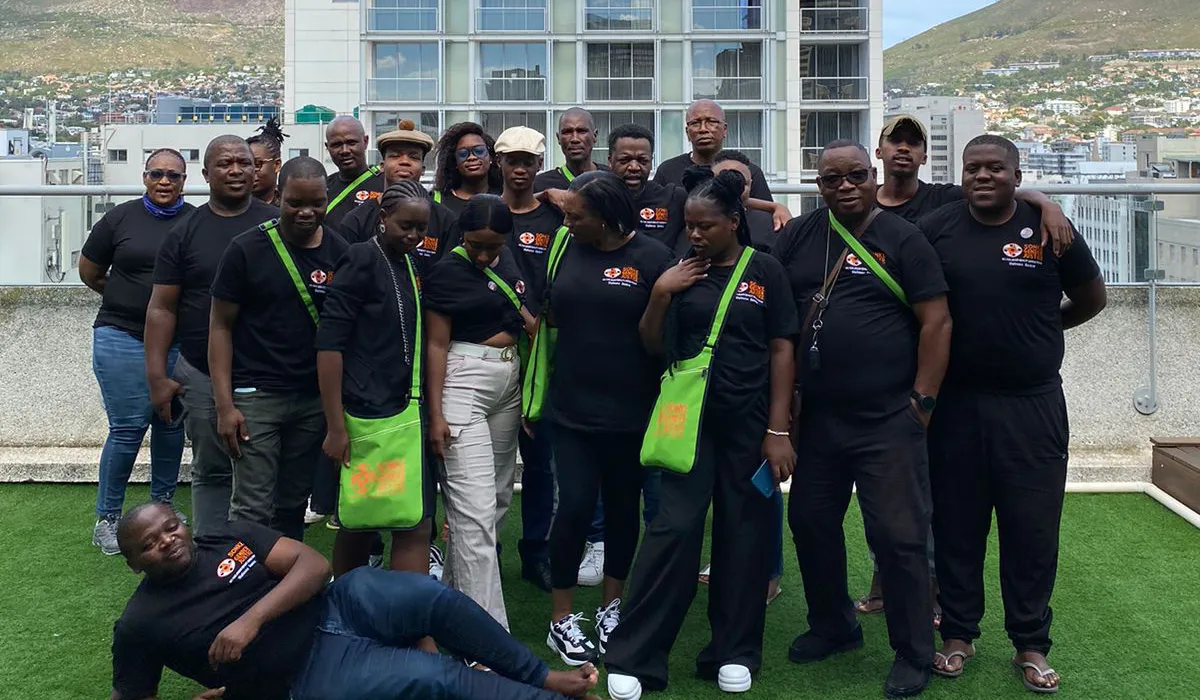Sonke Gender Justice’s Community Education and Mobilisation unit hosted an HIV, Human Rights and GBVF workshop from the 11th to the 15th of March in Cape Town. The weeklong meeting brought together participants from various sectors including government, media, traditional leaders, and civil society.
‘’The training forms part of the IMS project, whose goal is to contribute to the realisation of human rights, gender equality and health equity in the response and prevention of Gender Based Violence and Femicide, and the spread of HIV and AIDS, to empower the community to actively participate in addressing social issues that affect them’’ said Sikhangele Mabulu, Sonke’s Western Cape Wellness Centre Coordinator.
One of the ways in which the prevalence of gender-based violence can be addressed is when communities are knowledgeable about their rights and are empowered to act, to hold duty bearers accountable, to create awareness about gender-based violence and demand access to quality GBVF and HIV prevention services.


Participants at the workshop were trained on the role of traditional leaders in the fight against GBV, the localisation of the National Strategic Plan and service delivery deficiencies, transparency and accountability governance challenges, among other topics.
‘’we want to capacitate them to can hold government departments accountable for the implementation of legislative framework and policies aimed at preventing and responding to GBVF and promoting gender equality and social inclusion.’’ Mabulu added.
Another of the topics that were covered is that of the gendered impact of climate change. Women are more vulnerable to the impact of climate change than men, as they make up the majority of the world’s poor and are more dependent on natural resources that are under threat from climate change.
During her presentation, University of Hull’s Thandie Hlabana noted that the gendered water crisis threatened the achievement of the UN 2030 sustainable development goals, ”Lack of access to water disproportionately affects women and girls because they are primarily responsible for domestic chores, as women play a central part in the provision, management and safeguarding of water. In 80% of the water deprived households in the developing world, women and girls carry the burden of water collection’’. The meeting concluded with a joint collaboration strategy and action plan from the attendees.


